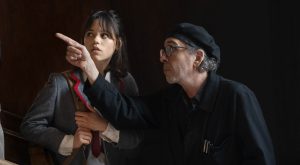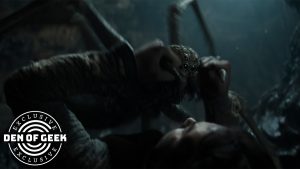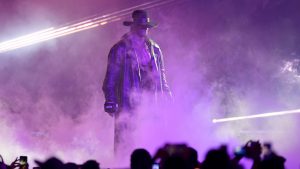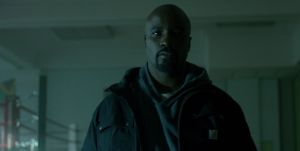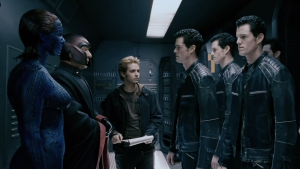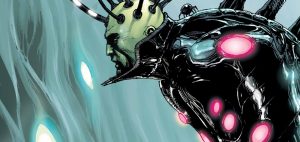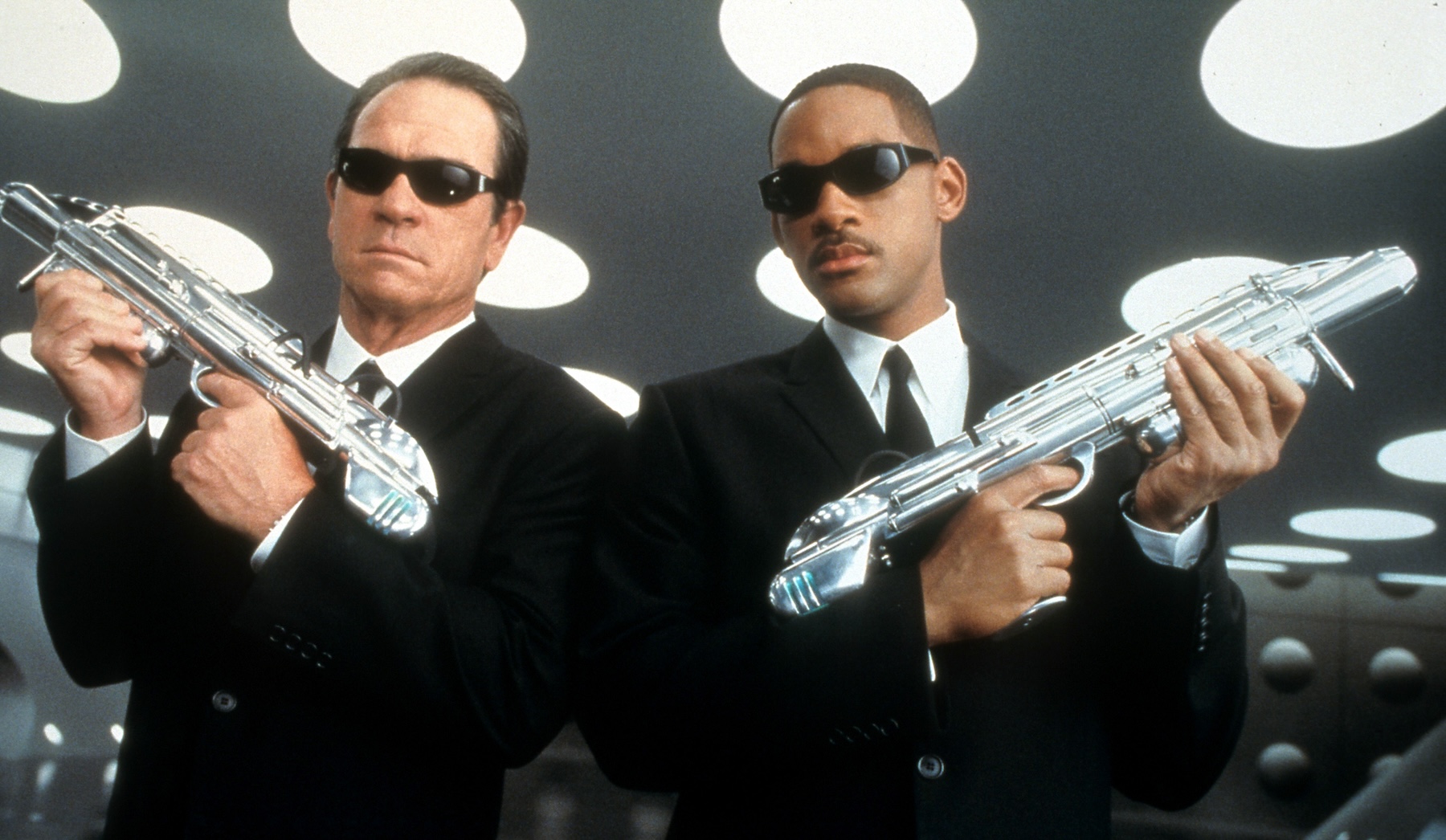
When it comes to the classics of cinema—and sometimes the dregs—it’s always fun to think about what might’ve been. Casting especially can be a strange alchemy between actor and role, and when the formula is off, it’s easy to ponder whether the spell would work at all. Can you imagine Robert Redford as Michael Corleone? What about Tom Selleck as Indiana Jones? And it’s an interesting challenge to envision what Tim Burton’s Batman might’ve been if it starred Bill Murray versus Robin Williams.
The casting of Neo in The Matrix is another legendary “what if?” in movie history. The 1999 classic, which just turned 25 years old earlier this month, is now beloved for its reinvention of Keanu Reeves. He plays Neo in the film; a former sad sack hacker who discovers he’s actually a superpowered messiah sent to free us from a digital prison. Plus, he looks pretty rad in sunglasses while performing Kung fu.
Yet a famous question recurs when we think about how The Matrix was made: What would it have been like if it starred the biggest star in the world circa 1999? What would it have been like if the movie featured Big Willie himself, Mr. Will Smith, as Neo? It’s a question that’s long haunted the actor, who time and again has grappled with why he passed on the role of Neo when the Wachowskis came to him in 1998. Instead he made a movie he publicly hates: 1999’s less-than-classic Wild Wild West.
Consider that during the premiere for Gemini Man in 2019, Smith entertained the idea of what advice he might offer his younger self if he could travel back in time. His answer was “I’d go back to the Wild Wild West [set] and I would say, ‘Asshole, why didn’t you make The Matrix?” Smith said that as a laugh line, but in all seriousness, why didn’t he?
Back in 1998 when The Matrix was getting underway, Smith was on top of the world. For the past two consecutive summers he had back-to-back, four-quadrant blockbuster smash hits: Independence Day (1996) and Men in Black (1997). In ‘98 he would change up the genre fare with Tony Scott’s political and prescient techno thriller, Enemy of the State. But at that time, Scott was a revered hit director who made respected high-concepts like Crimson Tide and True Romance (plus one of the biggest movie star calling cards ever, Top Gun). Smith was also in between hit radio chart toppers like “Miami” and “Gettin’ Jiggy With It.”
By contrast, the Wachowskis were two siblings who made a high-concept thriller in Bound with such subtly placed trans metaphors that it’s unlikely three-quarters of the folks who watched the film in 1996 picked up on them. In other words, they were filmmakers a million miles away from where Smith’s mindset was in the late ‘90s, which he humorously and with heavy self-effacement recounted in the below video.
“It was a crazy time in my life,” Smith said in the 2019 YouTube video he produced for his own channel. “It was like however I threw the ball, it was going in.” He noted, too, that he initially turned down Men in Black because he didn’t want to be an “alien movie guy,” but after Steven Spielberg talked him into doing the movie, Smith became obsessed with the idea of global marketability.
“[The Wachowskis] came in and they made a pitch for The Matrix,” Smith said. “And as it turns out, they’re geniuses! But there’s a fine line in a pitch meeting between genius and what I experienced in the meeting.” And in Smith’s humorous and perhaps slanted recollection of the Wachowskis’ pitch, they came to him and stammered and stuttered through a confusing presentation. “Imagine you could stop in the middle of the jump,” Smith said while adding a thick accent. “But then people could see around you 360 while you stopped jumping.”
“So I made Wild Wild West,” Smith deadpanned at the end of his story.
It’s an amusing anecdote, yet it leaves out key elements about why Wild Wild West seemed like such a safe bet. Two years prior to the Wachowskis’ pitch, Smith was initially just as lukewarm about working with director Barry Sonnenfeld on Men in Black until Spielberg stepped in. But in addition to being one of the biggest hits of his career, Men in Black remains one of Smith’s proudest efforts. And with Wild Wild West, he saw an opportunity to repeat the formula where he’d make a high-concept action/comedy/genre movie with Sonnenfeld in the director’s chair and an affable older actor to play against as a two-hander. Of course one of the first immediate red flags is that while Tommy Lee Jones was happy to be the straight man to Smith on MiB, both Smith and co-star Kevin Cline wanted to be the “funny one” in Wild Wild West. Neither succeeded.
In a more candid interview with The Hollywood Reporter in 2016, Smith was blunt about why he passed on The Matrix.
“I had so much success that I started to taste global blood,” Smith said, “and my focus shifted from my artistry to winning. I wanted to win and be the biggest movie star, and what happened was there was a lag—around Wild Wild West time. I found myself promoting something because I wanted to win versus promoting something because I believed in it.” He even went on to suggest Wild Wild West was an entirely commercial choice because he could more clearly see how to sell it to an audience.
“Smoke and mirrors in marketing and sales is over. People are going to know really quickly and globally whether a product keeps its promises. I consider myself a marketer. My career has been strictly being able to sell my products globally, and it’s now in the hands of fans. I have to be in tune with their needs and not trick them into going to see Wild Wild West.”
Hence to this day in various interviews he’ll joke that Wild Wild West is “a thorn in my side” and he still shivers at seeing “myself in chaps.” Nonetheless in the above 2019 video, he raised one more intriguing point: if he had been cast as Neo, the studio would’ve never cast Laurence Fishburne as Morpheus.
Said Smith, “It’s not like it would’ve been like [the movie we got]. Keanu was perfect. Laurence Fishburne was perfect. If I had done it, because I’m Black, Morpheus wouldn’t have been Black, because they were looking at Val Kilmer. I was going to be Neo and Val Kilmer was going to be Morpheus. So I probably woulda messed The Matrix up!”
There is a lot to unpack there, including how a movie studio apparently felt obligated to make sure at least one of the two male leads of its high-concept sci-fi movie was white. Did they think audiences really couldn’t handle two Black men in a blockbuster that wasn’t a comedy or copaganda? (Smith was also starring in the Bad Boys movies at this time).
But ultimately Smith is right, if he was the star, it would’ve had a knock-on effect. Perhaps Kilmer really would have played Morpheus. Plus at that stage in his career, Smith, the self-described marketer, would have likely wanted input in how Neo was written and depicted, which if it was anything like his persona in Men in Black and Wild Wild West (or I, Robot a few years later) would have made The Matrix an incredibly different movie.
Still, it’s sometimes amusing to imagine what that movie might’ve been…
The post Why Will Smith Turned Down Neo in the Matrix to Make the Worst Movie of His Career appeared first on Den of Geek.


